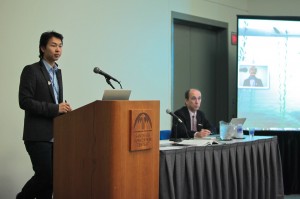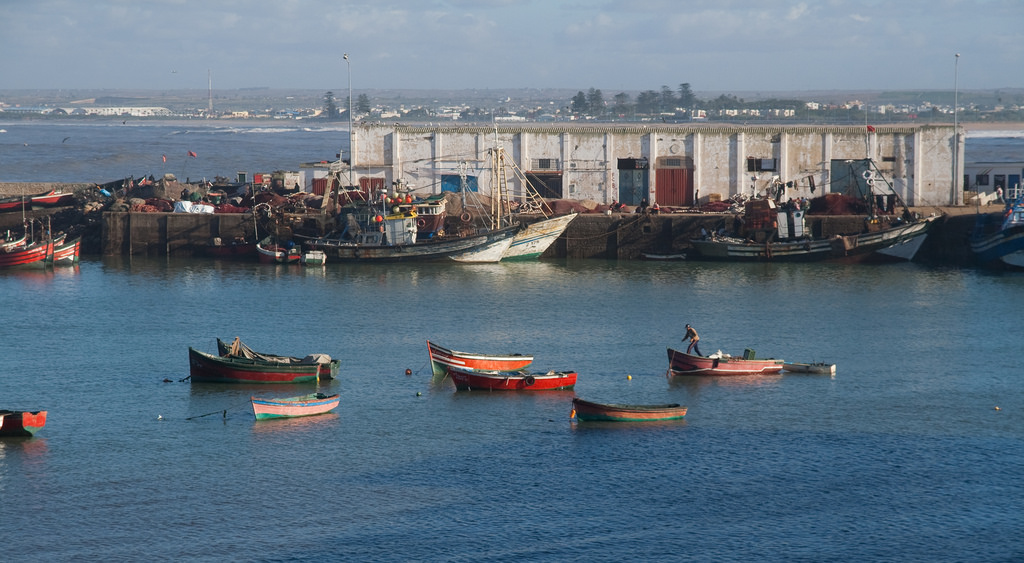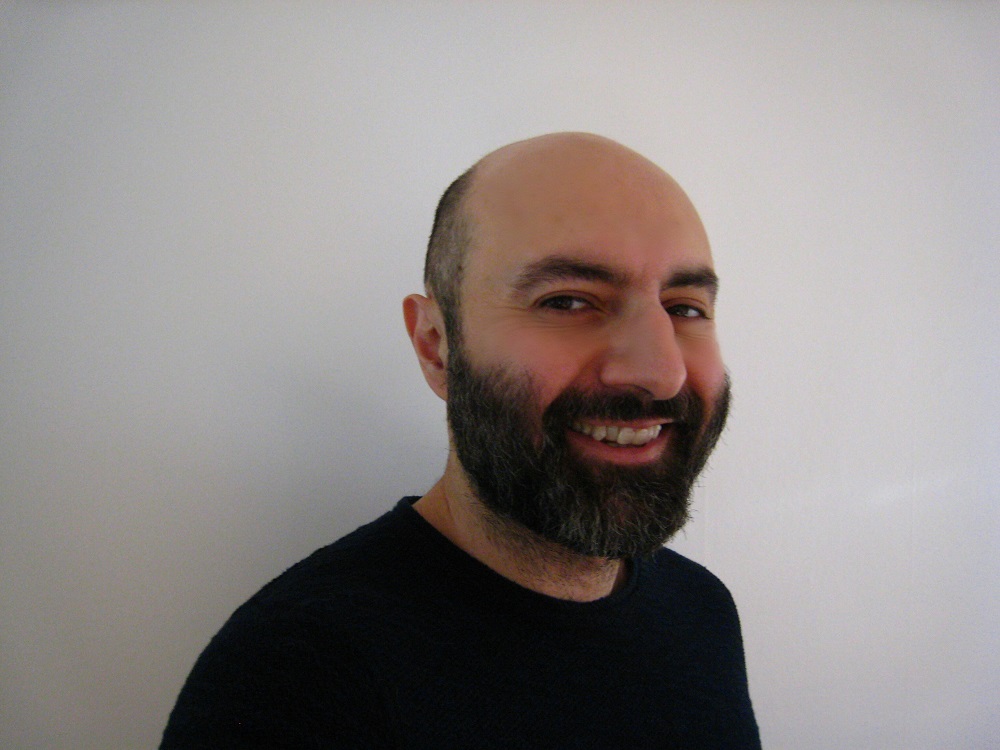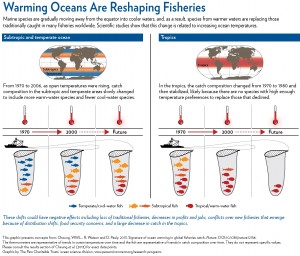 The theme at the 2010 AAAS annual meeting held in San Diego, CA in mid-February was Bridging Science and Society. Sea Around Us members delivered on this theme in three different sessions. Daniel Pauly presented on a panel that showed the growing consensus among fisheries scientists. Although global overfishing is becoming an accepted premise, questions inevitably arose on the future of aquaculture. Pauly explained that it would be wrong to look at gladiator tournaments and vilify sports, when there is curling; similarly, it would be wrong to look at salmon farming and vilify aquaculture, when there are oyster farms.
The theme at the 2010 AAAS annual meeting held in San Diego, CA in mid-February was Bridging Science and Society. Sea Around Us members delivered on this theme in three different sessions. Daniel Pauly presented on a panel that showed the growing consensus among fisheries scientists. Although global overfishing is becoming an accepted premise, questions inevitably arose on the future of aquaculture. Pauly explained that it would be wrong to look at gladiator tournaments and vilify sports, when there is curling; similarly, it would be wrong to look at salmon farming and vilify aquaculture, when there are oyster farms.
Metaphors are powerful communication tools. So are 3-D visualizations, especially in a world that is already too big and too fast-paced to keep track of information. Can we help manage the future by allowing people to see it? To address this question, Villy Christensen co-organized a panel on the use of visualizations to bridge science and society for sustainability.
The Sea Around Us Project’s Sherman Lai showed the game-like tool he and Christensen developed to allow users to visualize the real-time effects of their fishing decisions (see photo). Multiple players can watch how their choices would play out on the underwater world using a video game interface that can also display the embedded EcoSim models.
Jennifer Jacquet and her other panel members discussed non-regulatory means of enhancing cooperation – namely through reputation and shame. Ralf Sommerfeld, a recent graduate who worked with the Max Planck Institute, presented several of his new game theoretical studies showing that gossip and reputation can lead to increases in overall cooperation. Jacquet proposed we migrate away from guilt-based efforts in conservation (e.g. eco-labels) and toward shame-based strategies, which we can use to motivate large-scale resource users. To show evidence of this in the real world, John Hocevar, head of oceans campaigns for Greenpeace USA, presented Greenpeace work to affect retailer reputation to encourage greater cooperation.
The Sea Around Us members also participated in the COMPASS marine mixer with scientists and journalists and talks on designing and implementing large-scale marine reserves. AAAS was truly a meeting to bridge science and society.





